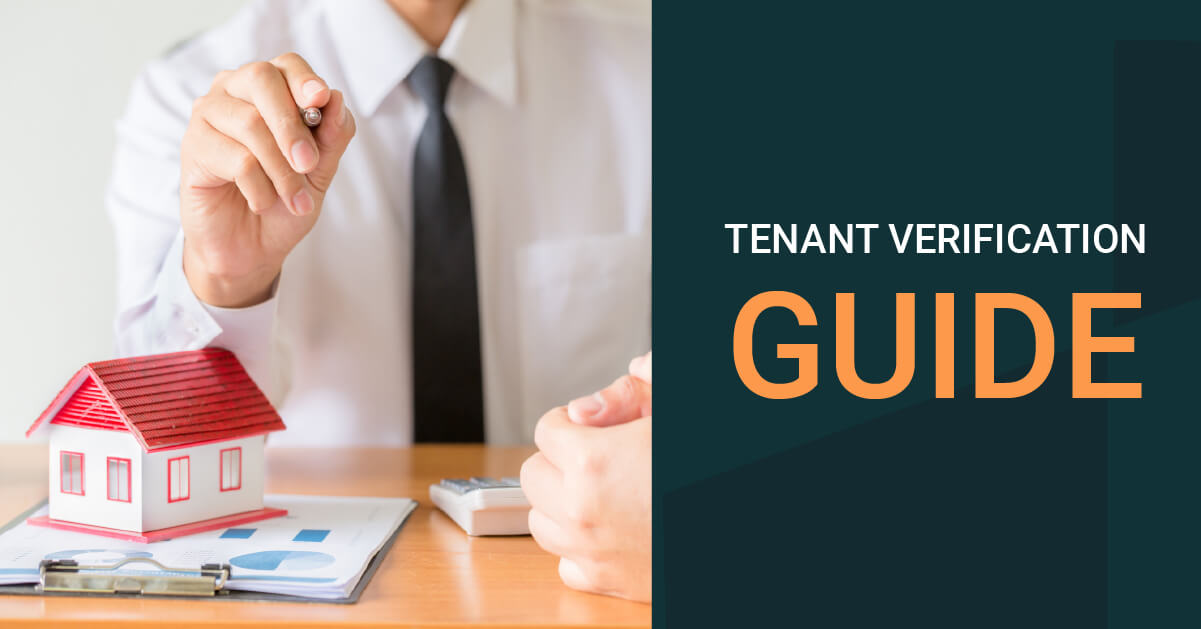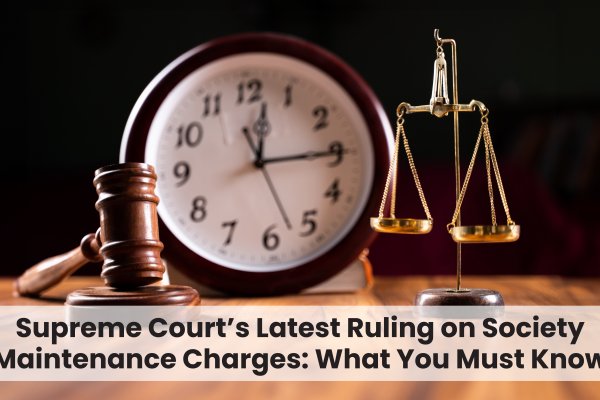With property scams and unauthorised land deals on the rise, buying a home isn’t just about location or price anymore; it’s about safety and legality. Many homebuyers fall into traps simply because they overlook one key detail: DTCP approval.
At first glance, it may appear to be just another government formality. But in reality, it’s a powerful filter that helps you avoid illegal layouts, poor planning, and future legal trouble. DTCP approval means the project follows proper planning rules and has official clearance.
In this blog, we’ll break down why DTCP approval matters, how it protects your investment, and what to look for before making any property decision.
Why DTCP Approval Matters in Property Buying
DTCP’s full form in real estate is the Directorate of Town and Country Planning. It’s a government body responsible for overseeing the development of land in both cities and villages. From roads and drainage to land use and open spaces, the DTCP ensures that everything adheres to proper regulations. It’s there to ensure planned growth and avoid chaos in fast-growing areas.
DTCP approval indicates that a project or layout has been reviewed and approved by the planning authority. It complies with all applicable rules for land use, zoning, infrastructure, and safety. For homebuyers, this approval serves as a green light.
At Casagrand, we always ensure that our projects are DTCP-approved. It demonstrates their commitment to legal and well-planned development, providing homebuyers with confidence and peace of mind.
Why DTCP Approval Should be a Non-negotiable When Buying
DTCP approval isn’t just a formality; it’s a crucial check that ensures your property is legal, well-planned, and protected from future risks.
- Legal Assurance for Homebuyers
DTCP approval confirms that the land is legally cleared for residential or commercial use. It helps you avoid zoning issues and ownership disputes down the line. At Casagrand, we ensure every project has this approval in place before anything else, so you can invest with complete confidence.
- Infrastructure and Amenities Are Pre-checked
Before granting approval, DTCP inspects roads, drainage, water lines, and green space. This means the layout is practical, and civic amenities will be in place when you move in. Real estate builders should pass these checks up front, ensuring a smoother handover.
- Protects Against Fraud and Unauthorised Development
Plots sold without permits, or carved out of agricultural land, invite costly trouble. DTCP certification filters out those risky deals. Choosing a DTCP-approved site gives you a strong shield against scams and unsafe construction.
How to Verify DTCP Approval for a Property
Simple ways to verify if a project is legally approved and follows DTCP guidelines.
- Ask the Builder for Approval Documents
Always request a copy of the DTCP-approved layout plan from the builder. Don’t just take their word for it. Check the registration number on the document. We are transparent and happy to share these details. It’s your right as a homebuyer, and it helps you stay informed.
- Verify Online on the Official DTCP Website
Most states now have DTCP portals where you can check approvals online. Simply enter the project’s details or registration number to confirm if it has been officially approved. It’s a simple step that offers added peace of mind before you make your investment.
- Check for the Visible DTCP Board at the Site
Approved projects often display a DTCP board at the site. This board includes the layout number and approval details. It’s a good sign that the project is following the rules. Make it a habit to look for this when visiting any property site.
Risks of Buying Non-DCP-Approved Property
Even if the deal appears favorable on paper, a non-DCP-approved property can lead to significant legal and financial issues.
- Possibility of Legal Demolition
If the property isn’t approved by DTCP, it could be marked as illegal. Government authorities have the right to demolish such unauthorised constructions. You could lose your hard-earned money over a legal issue you didn’t see coming.
- No Loan Approval from Banks
Most banks won’t approve home loans for properties without DTCP clearance. Even if you have a good credit score, the lack of approval makes the project too risky for lenders to consider. This can limit your buying options or delay your purchase.
- Delay in Getting Utility Connections
Without DTCP approval, obtaining basic amenities such as water, electricity, and sewage connections can be a challenge. Even if allowed, the process can be slow and full of hurdles.
DTCP Approval vs. RERA Registration: What’s the Difference?
Both DTCP and RERA are in place to protect homebuyers, but they focus on different aspects.
DTCP approval primarily focuses on the land layout. It verifies that the land use, zoning, roads, and infrastructure comply with state planning regulations. This ensures the plot is legal and well-planned before construction even begins.
RERA, on the other hand, oversees the entire real estate project. It holds the builder accountable for timelines, quality, and use of funds. It also provides homebuyers with a platform to raise complaints if necessary.
The difference between RERA and DTCP is:
| Aspect | DTCP Approval | RERA Registration |
| Applies To | Land / Layout | Entire Project and Developer |
| Governs | Zoning, layout, infrastructure | Project delivery, builder accountability |
| Issued By | State Town Planning Department | Real Estate Regulatory Authority |
Make Smarter, Safer Property Decisions with Casagrand
Buying a home should bring peace of mind, not stress. DTCP approval is one of the most important checks to protect you from legal issues, poor planning, and future complications. It confirms that the land is legally approved, properly zoned, and ready for safe development.
At Casagrand, we ensure that every project we offer is DTCP-approved, so you never have to worry about the basics. Along with RERA registration, this gives you complete transparency and confidence in your investment.
Before making any property decision, ask the right questions, verify the approvals, and partner with a builder who prioritizes your safety. That’s a promise we proudly stand by.


















